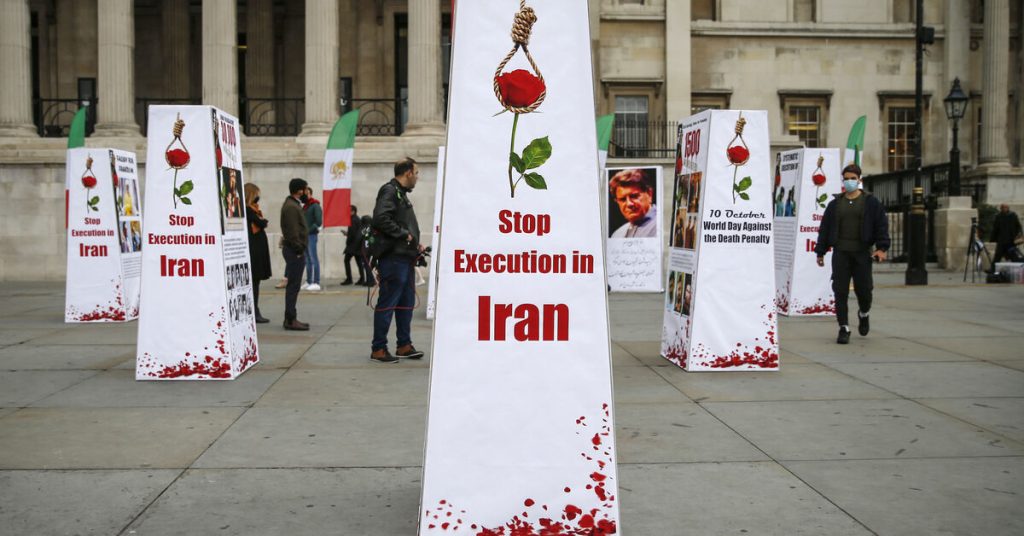On Wednesday, 7 August 2024, Iranian authorities executed 29 prisoners in a single day, marking a significant escalation in state-sanctioned executions. The executions, including 26 that were carried out en masse, occurred in Qezelhessar and Karaj Central Prisons, with two women among those executed. This comes amid growing concerns over the authorities’ intensified crackdown on political dissent and escalating human rights abuses.
The mass executions follow the execution a day earlier of Reza Rasaei, an Iranian Kurdish political prisoner, who was sentenced to death over his role in the nationwide anti-government protests of 2022. Rasaei’s execution was carried out without informing his lawyer or family, who were not given the chance to see him one last time before his life was taken.
Rasaei, a follower of the Yarsanism faith, had been sentenced to death by Branch 2 of the Criminal Court in Kermanshah Province on the charge of Moharebeh (waging war on God) for allegedly murdering the head of the Intelligence Organisation of the Revolutionary Guards (IRGC) in the city of Sahneh. He endured severe torture throughout his detention.
Despite lack of evidence to prove his guilt, the verdict was handed down under pressure from Iran’s Judiciary Chief. Throughout the entire detention period, Rasaei was deprived of basic rights, including access to legal representation and visitations.
These executions have been seen as a calculated move by the authorities to suppress dissent and maintain grip on power amidst growing calls for change. They stand in stark contradiction to claims by Iran’s official spokespeople that new President Masoud Pezeshkian is a ‘moderate’ figure.
Justice for the Victims of the 1988 Massacre in Iran (JVMI) condemns in the strongest terms the latest executions and urges the United Nations and its Member States to take immediate action to save death row prisoners and hold the Iranian authorities accountable for gross human rights violations.

